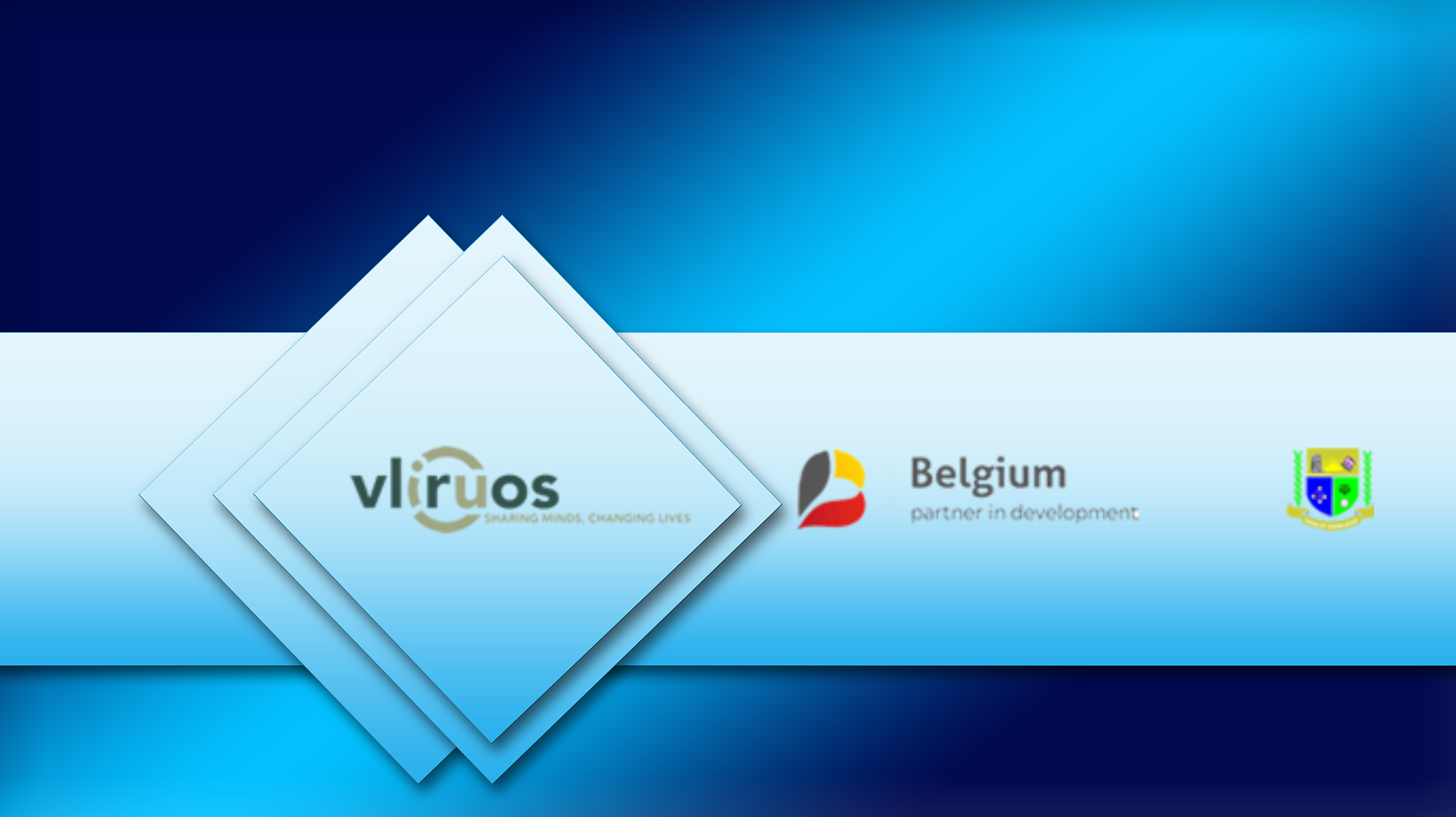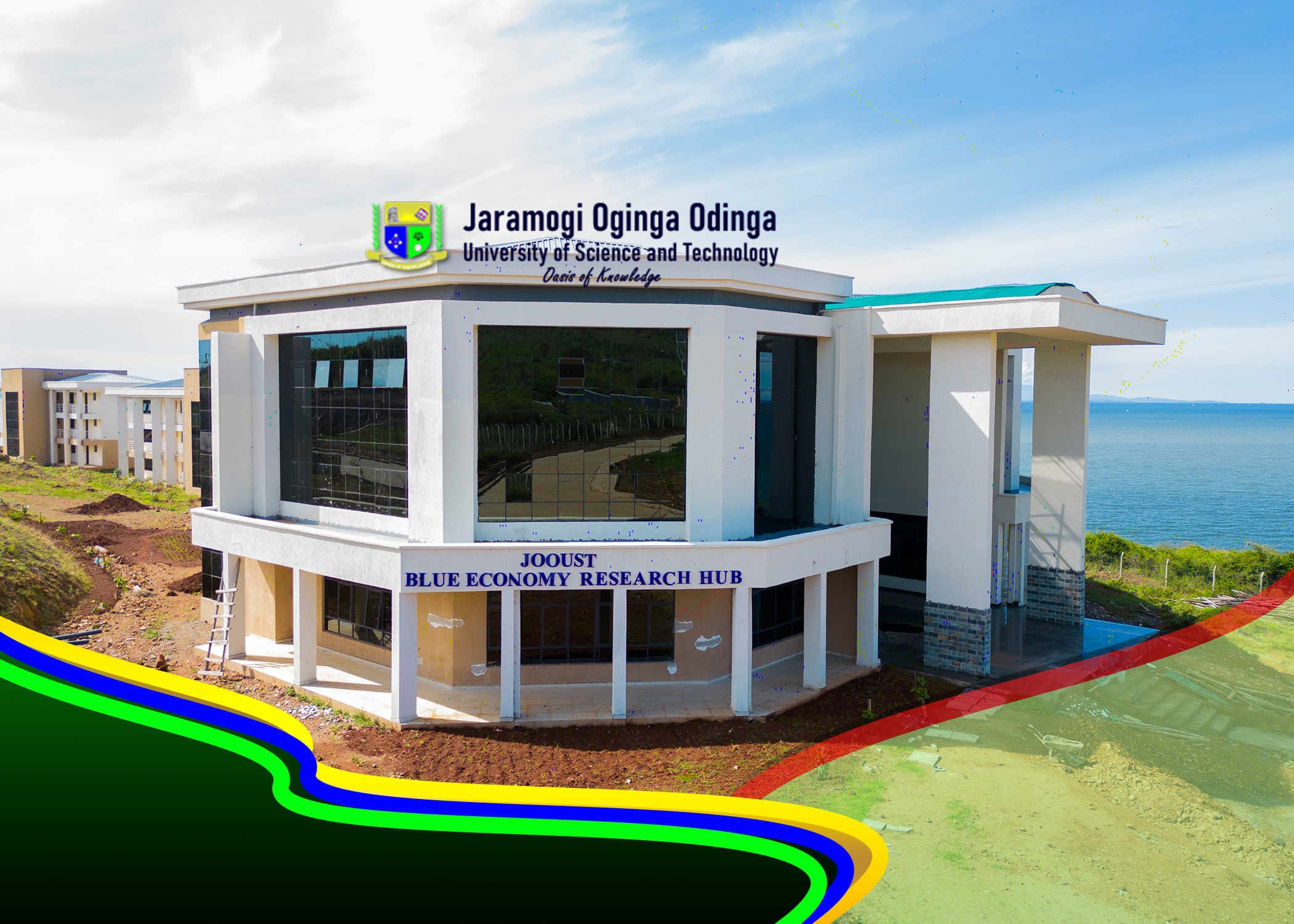MANAGEMENT OF THE LAKE VICTORIA BASIN NATURAL RESOURCE
The Subproject aims at enhancing JOOUST’s capacity in protecting and managing natural resources and promoting socioeconomic development by creating new labs, accrediting postgraduate programs, capacity building, and developing teaching infrastructure for environmental sciences
courses. Furthermore, the Subproject continues to improve environmental science capabilities of JOOUST researchers and students, as well as their engagements with external stakeholders, so that Project deliverables are achieved. The Subproject is contributing towards the realization of the East African Climate Change Policy, SDGs 14 and 15 and the Kenyan National Development Agenda.
The Subproject is also enhancing networking, student engagement,collaborative knowledge development, andcross-investments by forming partnerships with academic institutions, NGOs, and governmental entities on natural resource management.


